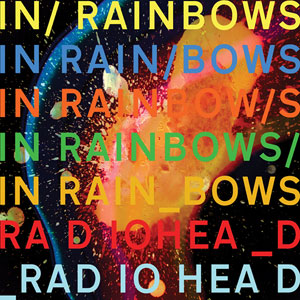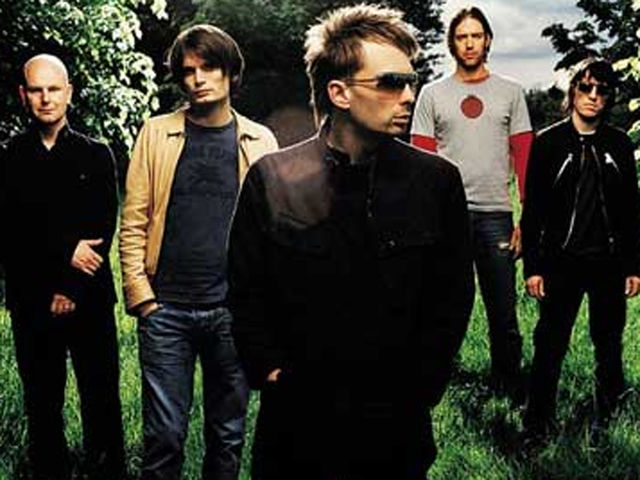I get music. I do. The music industry, though capable of becoming a complex system, does not baffle me in the slightest. I understand its intricacies.
In my estimation, a band’s popularity exists within a 3-5 year span (there are exceptions). For most musical groups, that popularity typically arises as a result of the success of a similar sounding band (in essence, a band/catalyst that helps to highlight that particular genre of music). For instance, a band that is “on fire” at a particular moment (tremendous record sales, continuous radio play, sold out concerts) is more than definitely garnering a hefty amount of income for their record label. So, if consumers are enthralled by this particular band, why not sign other acts that emulate that style of music? As it is a business like any other, a record companies’ top priority is money. To cash in, or not to cash in: That is the question*.
Here’s an example. Back in the early 90s, Grunge music** began to ascend as an innovative musical genre within the mainstream. During the late 80s, bands like the Pixies, the Melvins and Sonic Youth were watering the roots of this latest movement, but it was Nirvana, with their 1991 highly influential album entitled ‘Nevermind’ that opened the eyes of the world to the Seattle grunge scene (much to Kurt Cobain’s disdain). As well, the album was also the catalyst in bringing alternative rock into the mainstream as a cultural and commercially viable art form (‘Nevermind’, as of 2010, has sold more than 10 million copies).
As a result of these unprecedented sales, record labels began to take notice of this once ignored genre of music. Suddenly, the Grunge movement had replaced the (stale) hair metal era that had reigned supreme during the mid to late 80s, thus shockingly becoming a profitable new direction for the music industry (As of today, many people continue to support the idea that the Grunge era was the last original musical period to have ever taken place). As a condition of this success, bands that had been struggling to highlight their musical talent began to emerge.
Nirvana’s success permitted the (mainstream) materialization of other bands like Soundgarden, Pearl Jam, Alice in Chains, Stone Temple Pilots, The Smashing Pumpkins, and Candlebox (to name just a few). Granted some of these bands have had continued success over the years, but most dwindled out (or broke up) as the grunge movement’s demise accelerated***.
The basic idea behind this idea is that these bands were part of a movement. In essence, a movement usually arises as a means to voice an opinion that is contrary to an opinion held by the majority of society****. However, more often than not, they are short-lived.
The unfortunate reality of the situation is that they have a tendency to lose their way as society begins to comprehend and absorb them into their dominant belief system. A movement needs to sustain its personal philosophies, because if it becomes universally accepted (or if the initial goals are deviated from), it has lost all purpose.
Once Grunge began to be widely accepted as part of the establishment, it began to fizzle out as a creative medium for thought-provoking critiques of the mainstream. As well, the Grunge era eventually began to be exploited for financial reasons. Nirvana’s music was a hit, so why not sign and expose other similar sounding bands to exploit that success? Because the more consumers buy into it, the more profitable it becomes.
It’s a tragedy to look at it from this perspective, but it’s the art of business.
Examples from other genres of music:
Pop- Backstreet Boys, Nsync, LFO, O Town, B4 4, 5ive, Boyzone, Take That, Spice Girls, Bewitched
Britpop- Oasis, Blur, Elastica, Pulp, Radiohead, Suede, Supergrass, The Verve
*As a result (though the record label will more than likely deny it), the emphasis shifts towards making a profit rather than a solid and stable loyalty to a band. When a singer or music group is no longer commercially or economically viable, they are dropped at a moment’s notice.
**A style of rock music that incorporates elements of punk rock and heavy metal, popularized in the early 1990s, and often marked by lyrics exhibiting nihilism, dissatisfaction, or apathy.
***Many agree that Kurt Cobain’s Suicide in 1994 was the final nail in the coffin-Pardon the sour tasting pun.
****What is not understood by society is deemed dangerous and a challenge to the dominant ideology of that particular culture.



